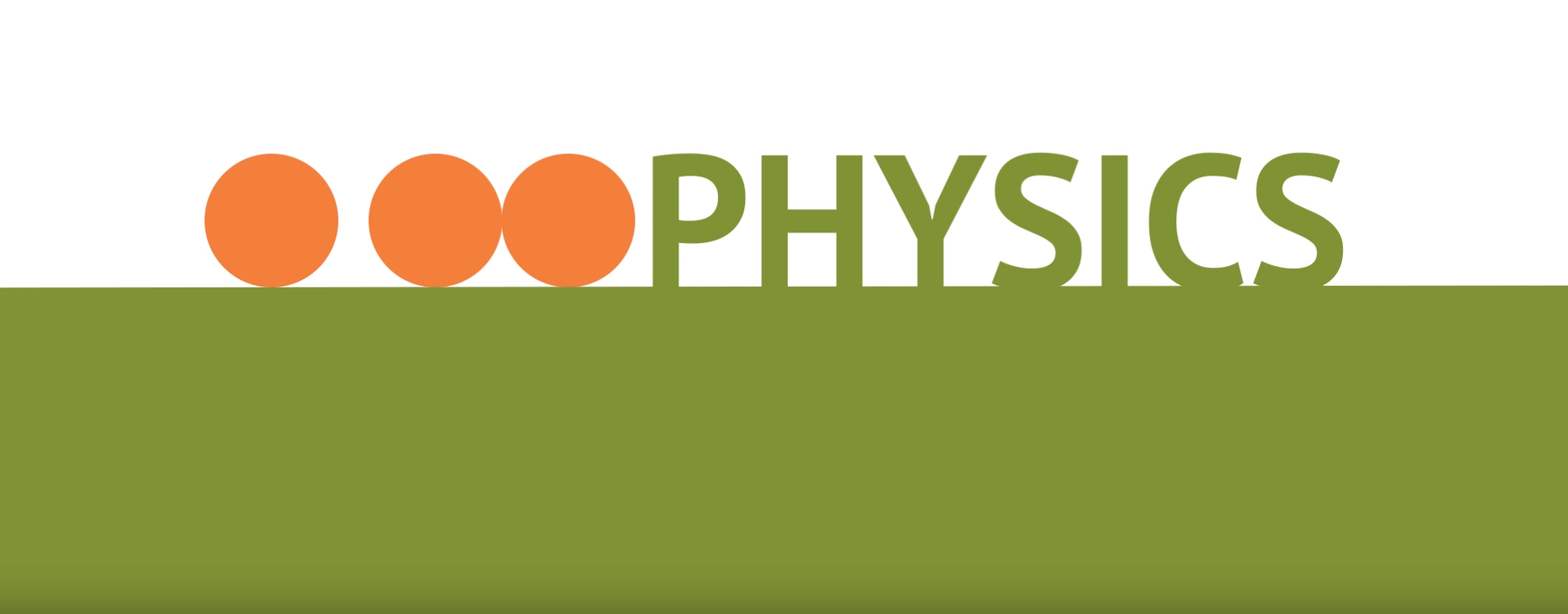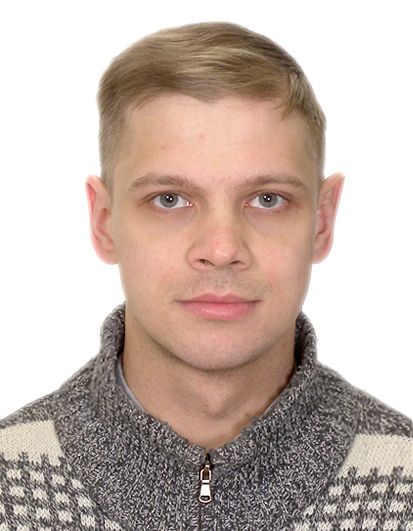About the Course
This course is survey of major concepts, methods, and applications of physics. Topics include a description of motion, Newton's Laws, conservation principles (energy and momentum), waves, thermodynamics, electricity, magnetism, optics, and modern physics. It is for students who need a basic understanding of physics.
The online course is developed for use in distance and blended learning.
Objectives
- The study of the basics of the information theory, the algebra of logic, number systems, the theory of algorithms, the basic principles of building a computer and the basics of programming.
- Formation of the ability of using computers to solve the most common problems of data processing.
Common Course Outline
- Module 1. Mechanics
- Lesson 1.1 The main problem of mechanics
- Lesson 1.2 Newton's laws
- Lesson 1.3 Work and Energy
- Lesson 1.4 Impulse and Momentum
- Lesson 1.5 Impulse
- Lesson 1.6 Implementation of the second Newton’s law
- Lesson 1.7 The Conservation of Angular Momentum
- Lesson 1.8 Newtonian Gravitation
- Lesson 1.9 Kepler’s Laws of Planetary Motion
- Lesson 1.10 Static equilibrium
- Lesson 1.11 Friction
- Lesson 1.12 Applications of viscosity
- Lesson 1.13 Simple harmonic motion
- Module 2. Gases
- Lesson 2.1 Change of State in gas
- Lesson 2.2 Ideal Gas Equation and Absolute Temperature
- Lesson 2.3 Processes and Cycles
- Lesson 2.4 The law of energy conservation in thermodynamics
- Lesson 2.5 Second Law of Thermodynamics: Entropy and Systems
- Lesson 2.6 Thermal velocity of molecules
- Module 3. Fluids
- Lesson 3.1 Pressure Produced by Fluids
- Lesson 3.2 Archimedes’ Principle
- Lesson 3.3 Pascal’s Principle
- Lesson 3.4 Bernoulli’s Principle
- Module 4. Electricity and Electromagnetism
- Lesson 4.1 Electric force and Coulomb’s Law
- Lesson 4.2 Electric Fields & Potential
- Lesson 4.3 Electric Current
- Lesson 4.4 Power and energy in electric currents
- Lesson 4.5 Magnetism
- Lesson 4.6 Principles of Electromagnetism
- Lesson 4.7 Electromagnetic waves
- Module 5. Optics
- Lesson 5.1 Reflection and Refraction
- Lesson 5.2 Lenses and Images
- Lesson 5.3 Light waves
- Lesson 5.4 Diffraction
- Lesson 5.5 Interference
- Lesson 5.6 Polarization
- Lesson 5.7 Dispersion and Color
- Module 6. Atomic Physics
- Lesson 6.1 Blackbody radiation
- Lesson 6.2 Quantum hypothesis
- Lesson 6.3 Photoelectric effect and photons
- Lesson 6.4 Bohr model of the atom
- Lesson 6.5 Atomic spectra
- Module 7. Nuclear Physics
- Lesson 7.1 Radioactivity
- Lesson 7.2 Alpha, beta, and gamma decay
- Lesson 7.3 Nuclear binding energy
- Lesson 7.4 Nuclear fission and fusion
Entry requirements
If you pass an introduction test for this course you will be accepted on a course.
Course authors
Alexander Kukaev
PhD, Associate professor of Laser Measurement and Navigation Systems Department
St.-Petersburg Electrotechnical University «LETI»
Yuriy Demidov
PhD, Associate professor of Department of Physics, St.-Petersburg Electrotechnical University «LETI»



